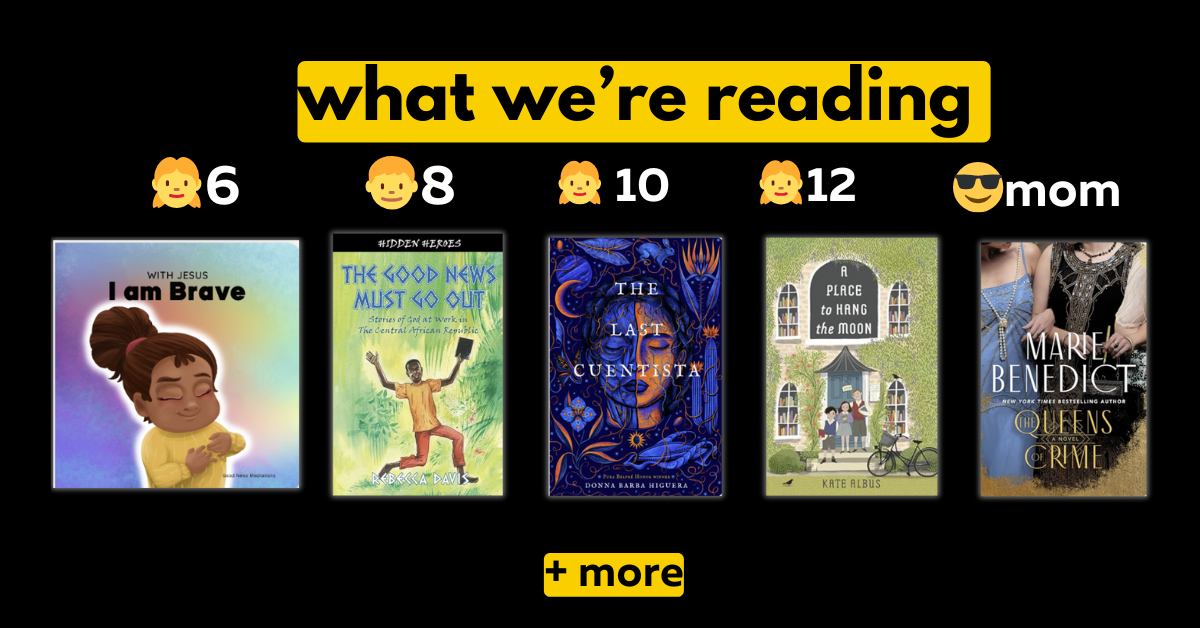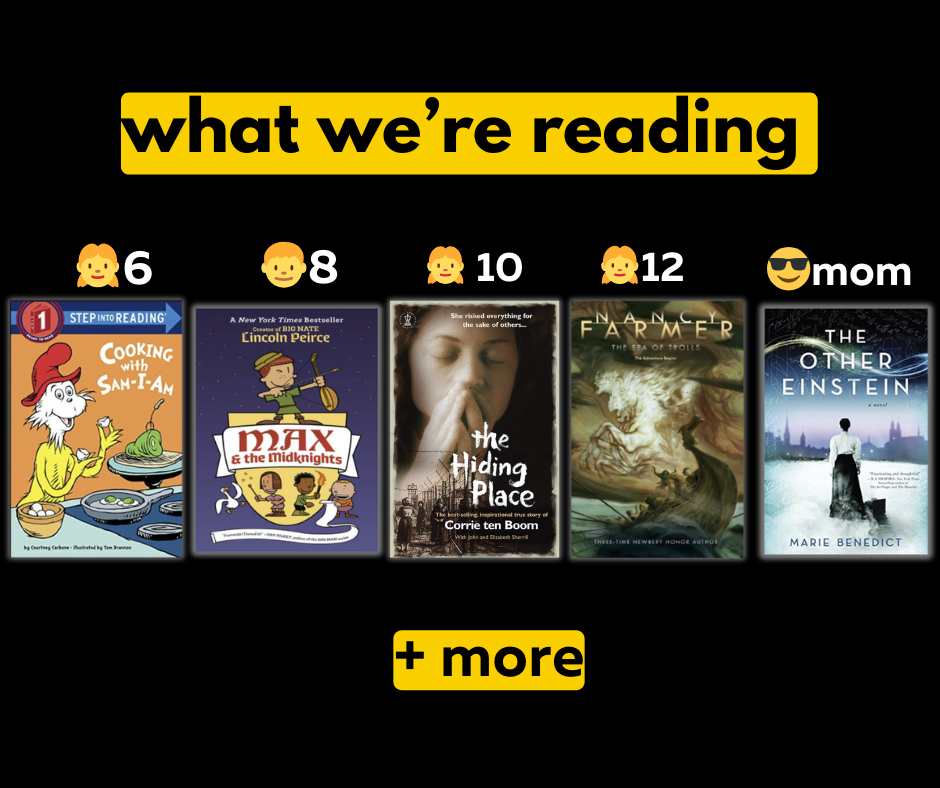
Fun Daily Writing Practice for 2nd-5th Graders

Typically, when kids reach 2nd grade, they have a firm reading foundation, but the writing fun is just beginning. Writing is a massive undertaking, encompassing the physical act of forming letters, formatting a sentence, and choosing the words to create something coherent and, if we’re really aiming high, interesting. Here are three things to keep in mind when working on writing with your kids this year.
Provide Topics and Choices
The act of writing is hard enough on its own. By giving children interesting content to choose from, they can focus on the mechanics rather than struggling to come up with ideas. Fun daily writing topics can range from imaginative prompts, like this Create-a-Mission Space Writing activity, or more practical exercises such as "Write a letter to a family member about your day." For 2nd-5th graders, having engaging and varied prompts is essential to maintain their interest and encourage creativity. Check out our writing prompt resources for daily writing practice that makes learning fun and engaging.
Encourage Executive Function Skill Development
Developing writing skills also means fostering executive function skills. The onus to write and edit a quality piece is on the learner. Ensure the materials you provide encourage learners to edit their own work and revise for clarity, correct grammar, punctuation, and spelling. Tools and resources that guide students through the editing process can be immensely beneficial. Incorporating self-assessment checklists and peer review sessions can also help students take ownership of their work. Rest easy knowing our products are designed specifically for young writers encourage executive function skill development.
Connect Writing to Other Content Areas
Connecting writing to other content areas is critical for keeping learners motivated and purposeful in this lifelong skill. Expanding beyond the written page, consider bringing in elements of STEAM (science, technology, engineering, art, and math), like these Adventure Narrative Writing activities, or giving learners the freedom to extend the topic they wrote about into another area. For instance, if a student writes a story about extreme weather, they could create a related art project or research extreme weather in their area and present their preparedness plan. This multidisciplinary approach not only enhances writing skills but also enriches their overall learning experience. Check out more life skills and fun with STEAM-integrated writing activities to inspire your child's creativity and curiosity.
Keep In Mind
Daily writing practice is a cornerstone of effective education, especially for 2nd-5th graders. By providing engaging topics, encouraging executive function skill development, and connecting writing to other content areas, you can make writing an enjoyable and enriching experience for your child. For more resources, including printable writing practice sheets and bilingual homeschool writing activities, visit our shop. With the right tools and support, every child can become a confident and proficient writer.
A little about me, I’m Melissa Muir, MAT, a homeschooling mom of 4 and online teacher. I hold a K-12 teaching license from the Commonwealth of Virginia, and share about homeschooling and teaching over at melissaisteaching.com. My mission is to make learning fun, practical, and effective for all educators!

